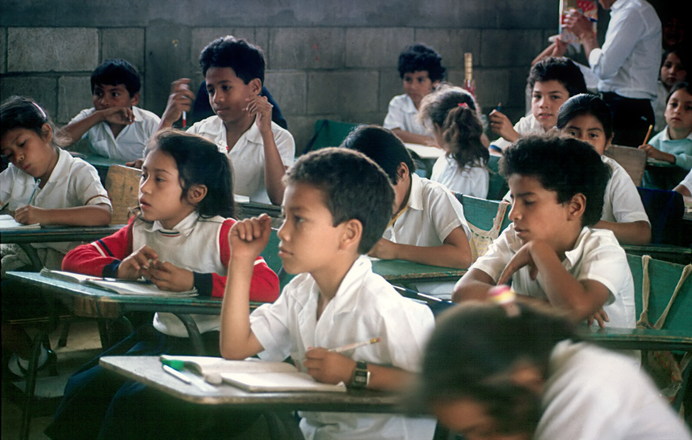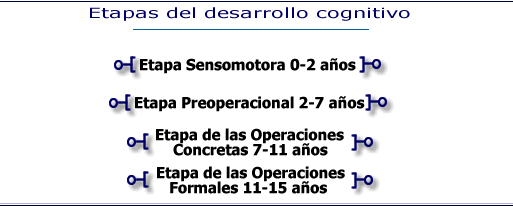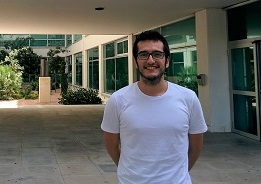
Cognitive development is a process which enables humans to acquire knowledge through learning and experience
9 march 2016
Cognitive development is related to knowledge: is the process in which we learn how to use memory, language, perception, problem resolution and planning, among others. It involves sophisticated and unique functions for each human being and is learned through learning and experience.
This developmental process is due to something innate in humans: the need to relate and be a part of society. It is related to human’s inherent ability to adapt and integrate in their environment and it is not linked to intelligence or to intelligence quotient, it is a natural fact within our personalities. It is usual to find cognitive bias, a distortion which affects the way in which a person understands reality. At a general basis, we talk about cognitive bias when there are errors or mistakes in the processing of information.
Cognitive learning has had several renowned authors who have added new knowledge to this process: Piagetis the most known one, but we could also name Tolman, The Gestalt and Bandura. All these authors agree that the process in which information reaches the cognitive system is processed and causes a specific reaction in each person; hence, a same signal can be processed differently by different people.
According to the division of the cognitive development stablished by Piaget, there are four stages:

1. Sensorimotor stage:
From birth until the subject reaches 2 years of age. Learning takes place trough imitation: in this two-year period, the subject goes from reflex subject to developing his first behavioural schemes.
2. Preoperational stage:
From 2 to 7, the subject develops egocentric thinking: the subject thinks that he is the centre of the world and all his thinking centres on this perspective. Imagination is developed in this stage and language becomes a very important mean of self-expression and influence to others.
3. Concrete operational stage:
From ages seven to eleven, the subject develops the ability to reason through logic but only on present and concrete situations. There is a distinction between reality and fiction and moral starts to be understood. The kid understands and applies operations or logical principles to interpret objectively and rationally and, hence, his thinking is limited to what he/she may hear, touch and experiment personally.
4. Formal operational stage:
From age 11 to 15, the subject develops the ability to formulate hypotheses and solve problems. Interest on human relations and personal identity starts to arise and other types of thinking are developed.
Cognitive development is a person’s training process and takes on the first stages of life in order to define all subsequent ones. Although the stages have been set, they may vary in each subject because a signal or process is never going to be understood equally by two different subjects.
Published by: Inés Luján










